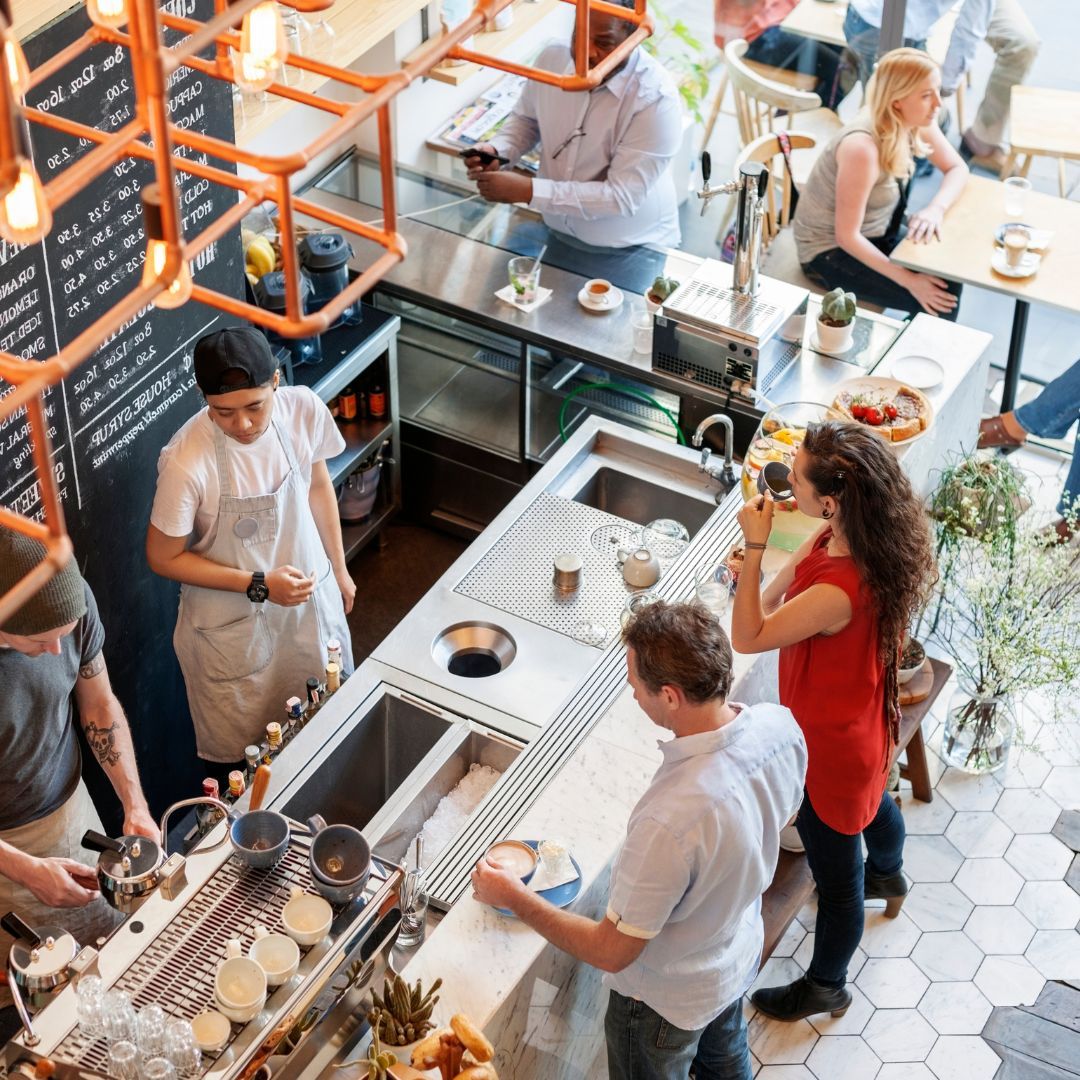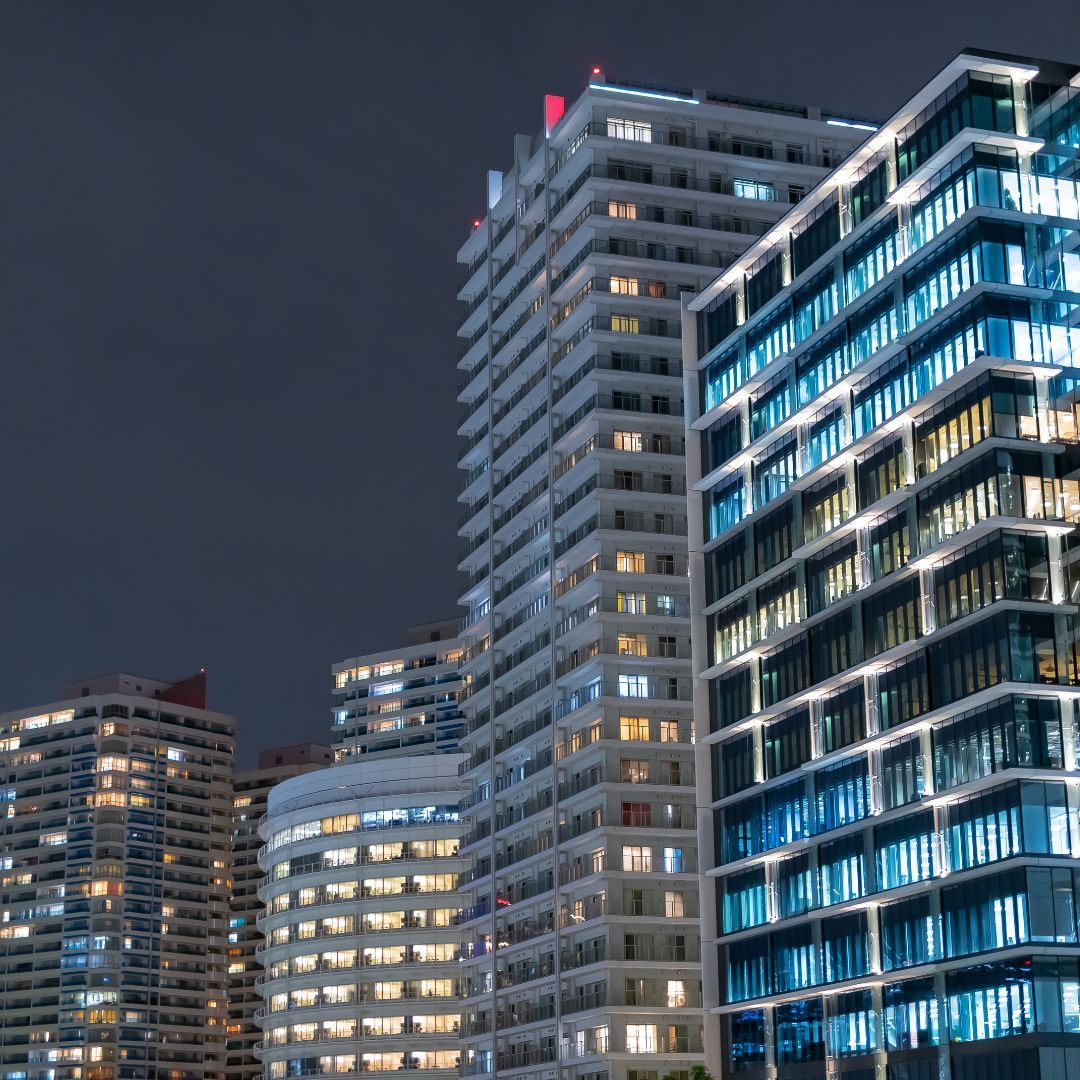5 Security Measures to Reduce Assault and Battery Claims in Nightclubs
See How We're Different
or call us: 303-834-1001
Nightclubs are vibrant social hubs where people gather to enjoy music, dance, and socialize. However, the lively atmosphere can sometimes lead to unfortunate incidents, including assault and battery claims. These claims not only tarnish the reputation of the establishment but can also lead to costly legal battles. Implementing effective security measures is crucial to ensuring the safety of patrons and staff, and to minimize the risk of such incidents. Here are five essential security measures that nightclubs can adopt to reduce assault and battery claims.
1. Comprehensive Staff Training
One of the most effective ways to prevent incidents of assault and battery is through comprehensive staff training. Employees, especially those in security roles, should be well-versed in conflict resolution and de-escalation techniques. This training enables them to handle potentially volatile situations calmly and professionally, reducing the likelihood of physical altercations.
Training should also cover the legal implications of assault and battery, ensuring that staff understand the importance of their role in preventing these incidents. Regular refresher courses can help keep these skills sharp and up-to-date with the latest best practices in nightclub security.
Moreover, staff should be trained to recognize the signs of intoxication and aggressive behavior. By identifying these signs early, they can intervene before a situation escalates, thereby protecting both patrons and the club's reputation.
2. Strategic Use of Surveillance Technology
Surveillance technology plays a critical role in monitoring nightclub activities and deterring potential incidents. Installing high-quality cameras throughout the venue, including entrances, exits, and high-traffic areas, can provide valuable evidence in the event of an altercation. This not only aids in legal proceedings but also acts as a deterrent to would-be offenders.
It's important to ensure that surveillance systems are regularly maintained and updated to capture clear footage. Additionally, employing security personnel to monitor live feeds can allow for immediate intervention if a situation begins to escalate.
Beyond cameras, other technologies such as metal detectors and ID scanners can enhance security. These tools help prevent weapons from entering the venue and ensure that all patrons are of legal age, further reducing the risk of incidents.
3. Implementing a Strict Entry Policy
A strict entry policy is essential for maintaining a safe environment within a nightclub. This includes checking IDs to verify age and using guest lists or ticketing systems to control the number of people entering the venue. Overcrowding can lead to increased tension and potential altercations, so managing capacity is crucial.
Security personnel should be trained to identify fake IDs and to refuse entry to individuals who appear overly intoxicated or aggressive. By maintaining control over who enters the nightclub, the likelihood of incidents occurring inside is significantly reduced.
Additionally, implementing a dress code can help deter gang-related activities and ensure that patrons adhere to the club's standards. This policy should be communicated clearly to avoid misunderstandings and ensure compliance.
4. Establishing a Visible Security Presence
A visible security presence can act as a powerful deterrent against potential altercations. Security personnel should be strategically placed throughout the venue, particularly in areas prone to congestion or conflict, such as bars and dance floors. Their presence can help to quickly diffuse situations before they escalate.
It's important for security staff to be approachable and professional. Patrons should feel comfortable reporting any concerns or incidents to them. This proactive approach can prevent minor disputes from turning into serious altercations.
In addition to security personnel, having a clear line of communication between staff members is vital. This ensures that any incidents are reported and addressed promptly, maintaining a safe environment for everyone.
5. Developing a Crisis Management Plan
Despite the best preventative measures, incidents can still occur. Having a well-developed crisis management plan in place is essential for dealing with such situations effectively. This plan should outline the steps to be taken in the event of an assault or battery incident, including how to secure the area, provide assistance to victims, and cooperate with law enforcement.
The plan should also include protocols for documenting incidents, such as collecting witness statements and preserving surveillance footage. This documentation can be invaluable in legal proceedings and in identifying areas for improvement in security measures.
Regular drills and reviews of the crisis management plan can ensure that all staff members are familiar with their roles and responsibilities. This preparedness can minimize the impact of an incident and help to maintain the nightclub's reputation as a safe and enjoyable venue.
Conclusion
Reducing assault and battery claims in nightclubs requires a multifaceted approach that combines staff training, technology, strict entry policies, a visible security presence, and a robust crisis management plan. By implementing these measures, nightclub owners can create a safer environment for their patrons and staff, while also protecting their business from the financial and reputational damage associated with such claims.
Ultimately, the goal is to provide a secure and enjoyable experience for everyone who walks through the doors. With the right strategies in place, nightclubs can thrive as vibrant social spaces where people can safely enjoy their nights out.













